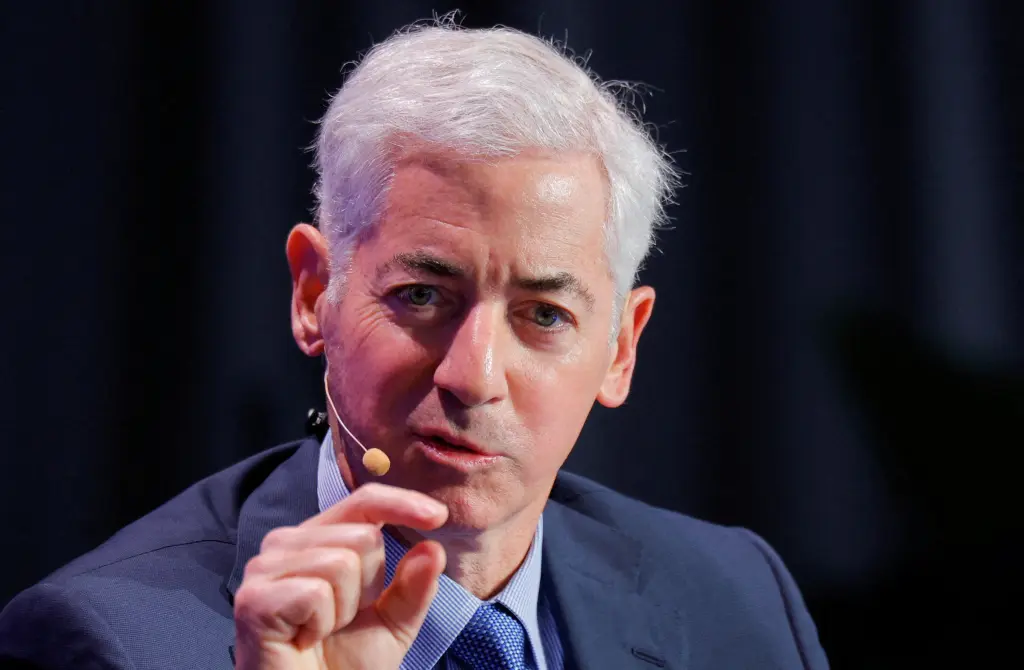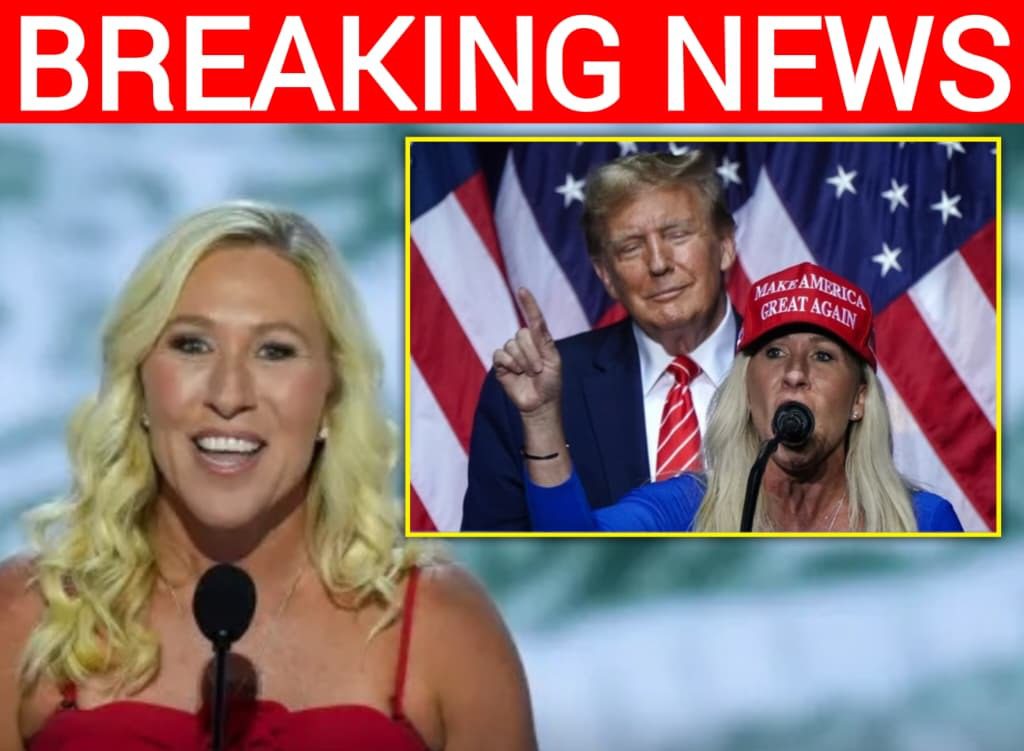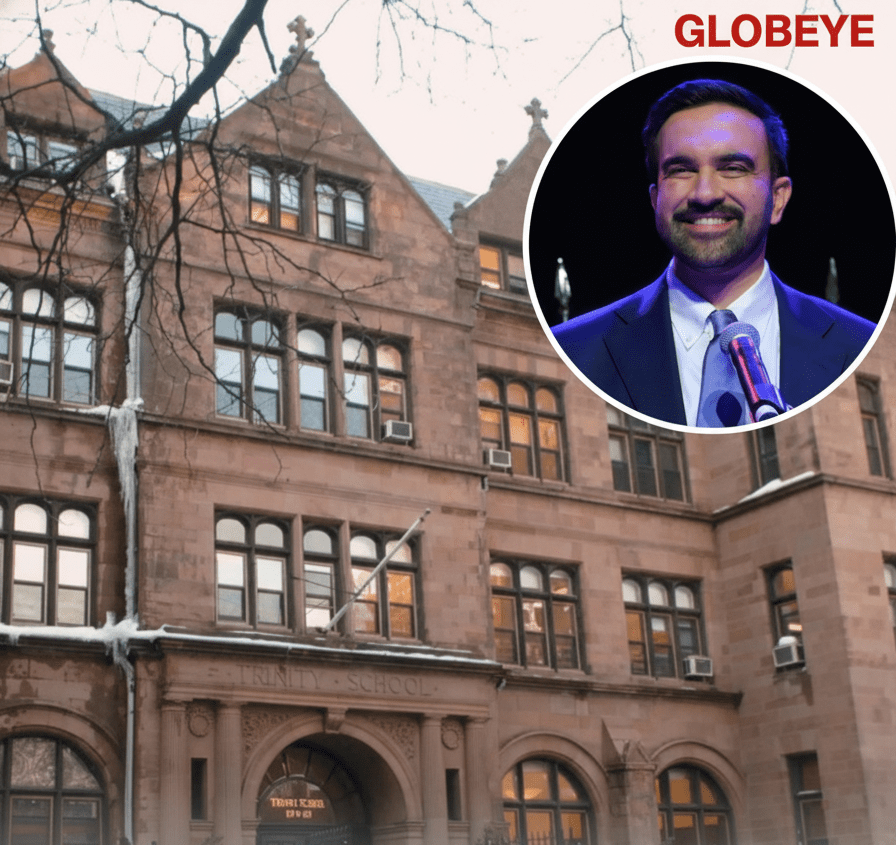After Spending Millions to Defeat Him, Billionaire Bill Ackman’s “Congratulations” to Zohran Mamdani Ignites a Firestorm Among NYC Power Players
In the hours following Zohran Mamdani’s stunning victory in the New York City mayoral race, a simple congratulatory message from billionaire hedge fund titan Bill Ackman ignited an unexpected backlash. “Congrats on the win. Now you have a big responsibility. If I can help NYC, just let me know what I can do,” Ackman wrote on social media — a gesture that might have seemed polite or even magnanimous, if not for one glaring contradiction: Ackman had spent a small fortune trying to make sure Mamdani never won in the first place.
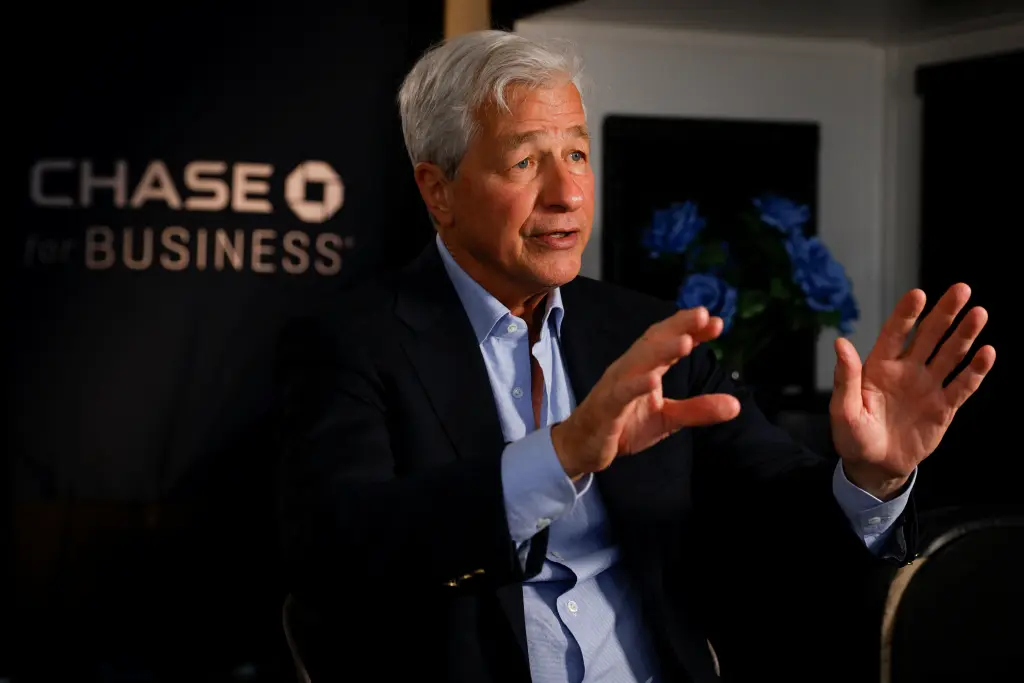
That single message, posted just hours after polls closed, was enough to send shockwaves through the city’s elite circles. To New York’s tight-knit business community, Ackman’s sudden tone shift was nothing short of whiplash. This was the same billionaire who had poured millions into political action committees designed to derail Mamdani’s campaign — the same Mamdani whose anti-billionaire rhetoric had defined one of the most divisive elections in recent memory.
Behind closed doors, some of the city’s wealthiest figures didn’t mince words. “It’s absurd,” one prominent developer told the New York Post. “You don’t spend months demonizing someone, trying to destroy their campaign, and then congratulate them as if you were rooting for their success all along.” Another insider was more cutting: “Bill wants to look like the adult in the room, but everyone knows this is just image management.”
The tension between Ackman and Mamdani wasn’t merely political — it was ideological. Mamdani, a 34-year-old Democratic Socialist and the first Muslim mayor-elect in New York City’s history, ran on a bold platform that sought to reshape the city’s economic structure. His agenda called for a 2% wealth tax on millionaires, a rent freeze, and the creation of 200,000 rent-stabilized housing units within a decade. He vowed to end what he called “the billionaire chokehold” on New York politics. For Ackman and many of his Wall Street peers, this wasn’t just another progressive campaign — it was a direct threat to their power base.
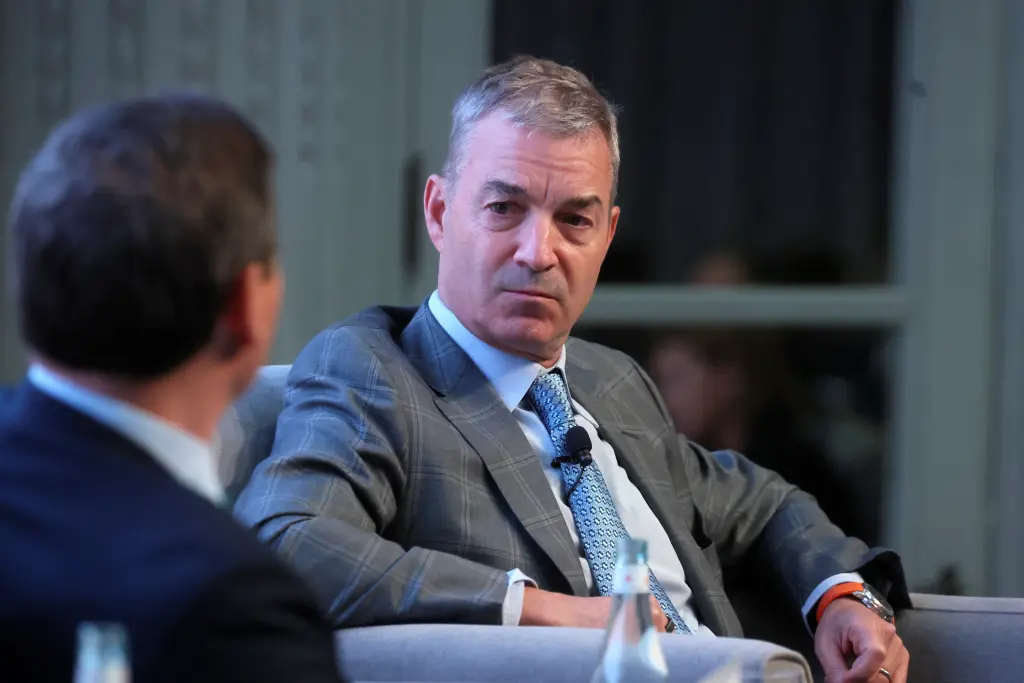
Ackman reportedly donated over $1.7 million to super PACs like Defend NYC and Fix the City, both aimed at defeating Mamdani. He joined a chorus of real estate and finance giants, including former mayor Michael Bloomberg, who lined up behind former Governor Andrew Cuomo in a desperate bid to keep the city’s leadership aligned with their interests. Despite their efforts — and their millions — Mamdani won, and won decisively.
So when Ackman’s post appeared online, New York’s business community recoiled. Cliff Asness, the outspoken founder of AQR Capital Management, didn’t hold back. He publicly called Ackman’s gesture “gimp-like,” a term that quickly trended across financial news networks. Others, like Kathryn Wylde of the Partnership for New York City, described it as “performative diplomacy,” saying, “If he really cared about collaboration, that sentiment would’ve been better expressed before he bankrolled Mamdani’s opposition.”
Yet Ackman’s defenders — though far fewer — argue that his message was less hypocrisy and more pragmatism. Politics, after all, is about adaptation. For a billionaire investor known for strategic pivots, it may have been a recognition that Mamdani’s movement isn’t a passing storm but the new weather system in New York City politics. In that sense, his offer to “help” could be viewed as a business calculation: staying relevant in a city that’s clearly shifting left.
Mamdani, for his part, handled the olive branch with remarkable poise. Speaking to Good Morning America, he said he appreciated the message and that he was open to working “with anyone genuinely committed to lowering the cost of living in New York.” But the tone of his answer carried a subtle firmness — a reminder that while his door may be open, it’s his policies that will set the terms of engagement. “We’re not here to serve the wealthy,” Mamdani said. “We’re here to serve the working class. And if anyone, regardless of their income bracket, wants to help in that mission, I welcome that.”
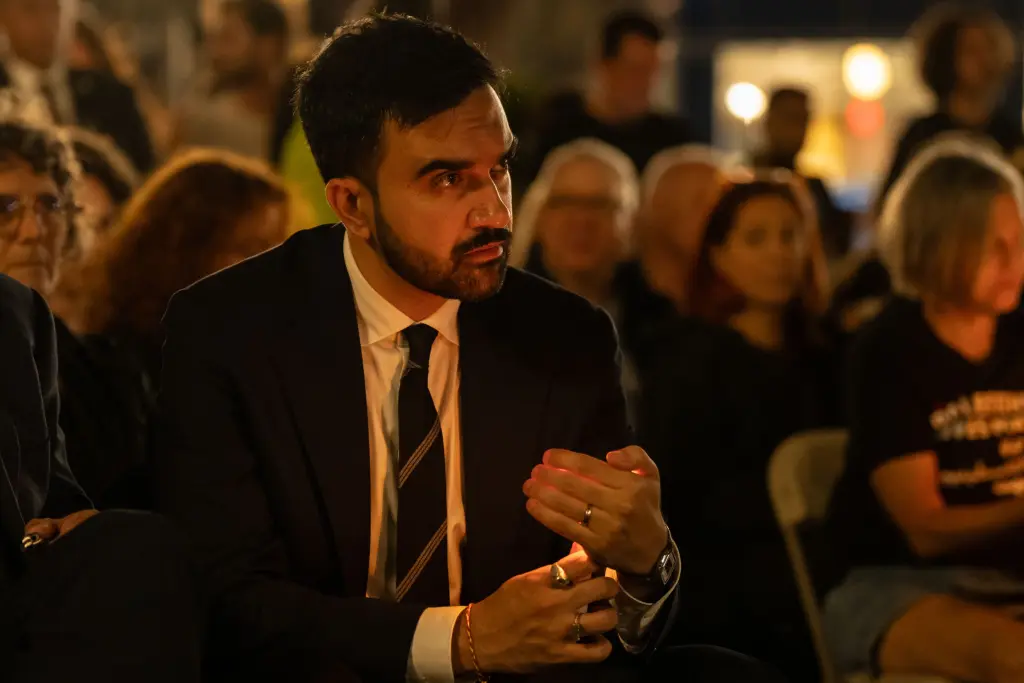
For Ackman, the optics are precarious. His political spending spree failed to prevent a left-wing victory, and his subsequent overture has alienated many of the same moguls he once stood beside. Some observers suspect he’s trying to reposition himself as a bridge figure — someone who can communicate with both the financial elite and the rising progressive class. But in doing so, he’s angered both.
“Bill’s move wasn’t diplomacy — it was desperation,” one Manhattan investor said bluntly. “He knows Mamdani’s policies could hit Wall Street hard. If you can’t beat him, you might as well try to influence him.”
The symbolism of this controversy is larger than either man. Mamdani’s win represents a generational and cultural shift in one of the world’s financial capitals — a moment where grassroots organizing, small donations, and progressive energy defeated the city’s most powerful institutions. For decades, candidates backed by Wall Street money dominated New York’s political landscape. Mamdani’s victory sent an unmistakable message: money can’t always buy the mayor’s office.

Still, the new administration faces immense challenges. Housing, transportation, safety, and economic disparity remain critical flashpoints. If Mamdani succeeds, it could redefine progressive governance in a global city; if he fails, critics will be quick to claim that his vision was naive. And somewhere in between stands Ackman — watching, calculating, and perhaps waiting for a chance to say, “I tried to help.”
There’s also a human element to the story that transcends politics. For many ordinary New Yorkers, Ackman’s public congratulations underscored a kind of elite detachment — a billionaire so removed from everyday struggles that he thought a tweet could erase months of financial warfare. To them, it symbolized the very problem Mamdani campaigned against: a ruling class that mistakes public relations for accountability.
At the same time, Mamdani’s measured response reflects a maturity that even his critics can’t dismiss. His rise from a grassroots activist in Queens to the mayor-elect of America’s largest city is nothing short of remarkable. And his ability to stay calm in the face of such contradictions — from billionaires offering sudden friendship to establishment figures predicting chaos — might be his greatest strength.
Ackman’s note, small as it was, has become a case study in post-election politics. It’s a reminder that in an age of social media, gestures can matter as much as money. It’s also a warning to the ultra-wealthy that influence is no longer guaranteed, and that power — once measured by donations and dinners — may now depend on empathy, timing, and authenticity.
As the city prepares for Mamdani’s inauguration, one question lingers in the air: can a hedge fund billionaire and a self-proclaimed socialist ever find common ground in running New York City? The odds seem slim. But in a city where every headline becomes a battle, the story of Bill Ackman and Zohran Mamdani isn’t just about politics — it’s about the evolution of power itself.
For now, Mamdani moves forward with his promises of affordable housing, fair wages, and an end to unchecked luxury development. And Ackman? He’ll have to decide whether his message was a genuine step toward reconciliation — or simply another investment in damage control that New Yorkers, ever skeptical, won’t soon forget.
